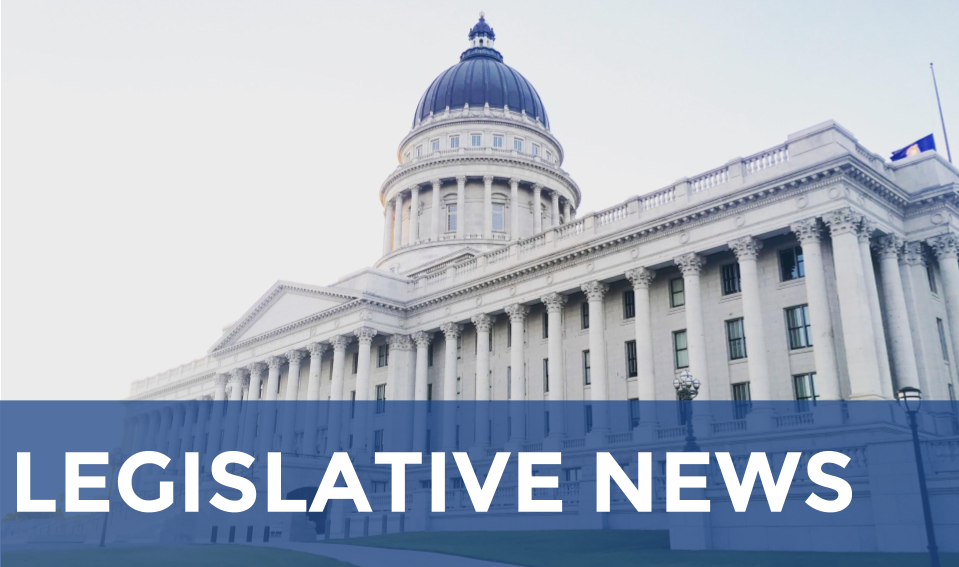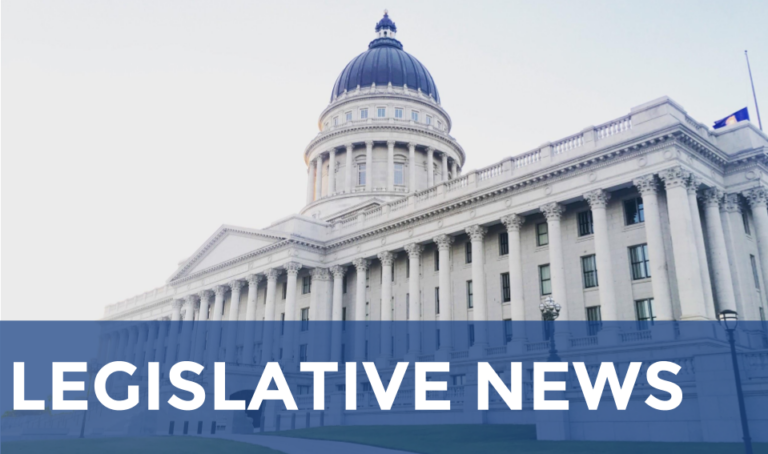After the passage of the One Big Beautiful Bill Act, which occurred on July 4, 2025, changes to various employment regulations have been enacted. One such provision addresses qualified overtime and tips, which are now deductible from federal income tax.
This provision is effective for tax years 2025 through 2028 and offers deductions, regardless of whether the taxpayer opts to itemize deductions or take the standard deduction. Each deduction phases out starting when an individual’s MAGI exceeds $150,000 or $300,000 (for married filing jointly).
Overtime Deductions
The overtime deduction is limited to $12,500 for individuals or $25,000 for married filing jointly. The overtime must be required under the FLSA, Section 7 to qualify. Overtime which is not required under federal law is not eligible for deduction. Examples include more generous state overtime laws, or more or enhanced overtime offerings provided by an employer voluntarily, or as part of a collective bargaining agreement. Only the premium portion of the pay may be deducted. For example, if an employee earns $20 per hour for regular pay and $30 per hour for overtime, only the additional $10 per hour is deductible.
Tip Deductions
Tips that are eligible for the deduction also fall under a $25,000 limit. Eligible tips include cash tips paid to an employee in an occupation who regularly and customarily received tips on or prior to December 31, 2024. A list of qualifying occupations will be released by the treasury secretary. Specific business workers are also not eligible (accounting, performing arts, health, financial services, law, consulting, actuarial science, brokerage services, and athletics).
“Cash tips” refers to tips paid in cash and those received under a tip-sharing arrangement (such as a tip pool). Mandatory gratuities and/or charges do not qualify.
The deduction applies only to federal income taxes. Employers still must deduct and pay the required Social Security and Medicare taxes on qualified overtime and tips.
Dependent Care FSA Increase
The contribution limit for dependent care flexible spending accounts (FSA) will increase from $5,000 to $7,500 (married filing jointly) and from $2,500 to $3,750 (married filing separately). The increase takes effect for tax years beginning after December 31, 2025.
Health Savings Account Changes
Telehealth coverage without requiring the deductible under a High Deductible Health Plan (HDHP) is permitted and permanent, retroactive to tax years after December 31, 2024. Direct primary care service arrangement fees may also be paid with HSA funds (limitations apply). This is effective for months after December 31, 2025.
Paid Family and Medical Leave Credit
Extensions and enhancements to the paid family and medical leave credit are also in the bill. Employers can choose to claim the credit based on a percentage of insurance premiums incurred or paid or a percentage of qualified leave wages. The change goes into effect after December 31, 2025.
Trump Accounts
New custodial accounts will be created for qualifying children. The accounts are similar to a Section 408(a), not a Roth IRA. The contribution limit is $5,000 (adjusted for inflation), and optional employer contributions are permitted up to a limit of $2,500. Those contributions would be deducted from the employee’s gross income. Additional details and guidance are expected.
1099 Reporting
Starting with payments made after December 31, 2025, the reporting threshold for certain payments and compensation for services, such as those reported on Forms 1099-MISC and 1099-NEC, will increase from $600 to $2,000. Beginning in 2027, this threshold is expected to be adjusted annually for inflation.
This article is informational and does not constitute legal or financial advice. Consult with an employment lawyer or accountant for additional clarification on how these changes impact your company.







